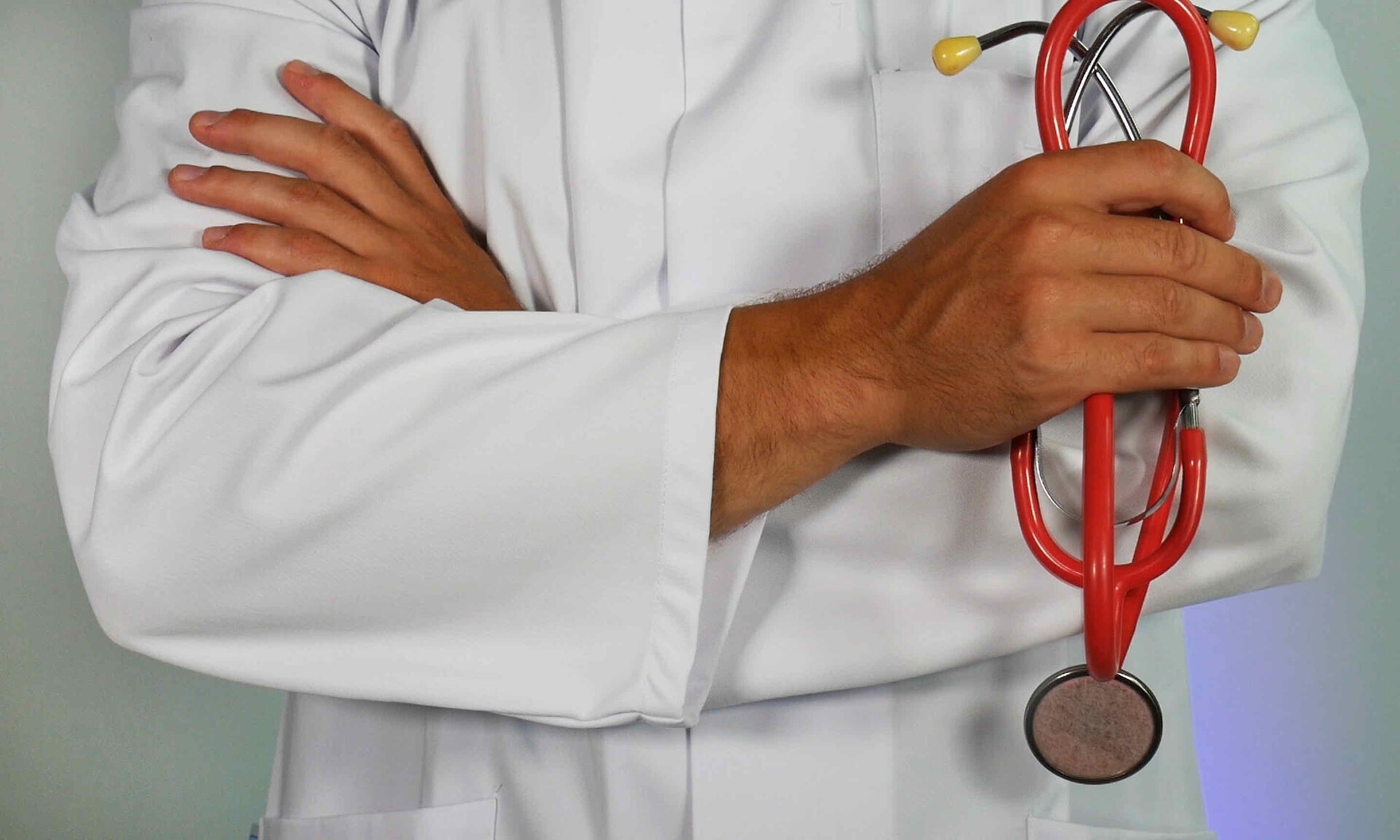From the Emergency Room to the TV Screen
There's finally a sense of optimism about COVID. Case counts in Alberta and most other provinces are dropping and people are getting vaccinated in record numbers. We seem to be closer to the end of the tunnel.
One constant of the pandemic has been a boatload of media interviews with doctors. Whether they're experts in infectious diseases, or work in hospital emergency wards, their analysis of COVID has always been welcome.
Some of them have taken media training from me and I recently interviewed one to find out what it's been like for a doctor to do as many as nine media interviews in one day.
Medical Meets Media
There are several doctors, who we had never heard of a year or so ago, who have now become very familiar to us because we see them in the media all the time.
Perhaps the best known is infectious diseases physician and scientist Dr. Isaac Bogoch from Toronto. He has gained over 120,000 Twitter followers.
In Edmonton, there’s intensive care physician Dr. Darren Markland and infectious diseases expert Dr. Lynora Saxinger, who have been doing some great media interviews for several months. There are many others of course, but those are two names that come to mind immediately.
I’ve done media training for a number of doctors (more on that in a moment) but I don’t remember training either Markland or Saxinger. I have however, done media training for Dr. Joe Vipond, who many people in Calgary and across Canada have seen on the news talking about COVID and often pleading with the Alberta government to bring in more restrictions before it was too late.
If you check his Twitter feed, you’ll see that he’s almost always been right about what’s about to happen with case counts and hospitalizations. At times he's been controversial and has often pushed the government to do more.
Dr. Vipond is an emergency room physician at the Rockyview General Hospital in Calgary. He took media training from me about five years ago, but already had done some media interviews related to health and the environment.
I thought it would be interesting to talk to Dr. Vipond about what his experiences doing media interviews have been like, so we talked over Zoom and here are the highlights of what he had to say about his media interviews.
Finding Their Voice
I’ve been fortunate to do as much media training for doctors as I have in the last few years. I’ve done media training for years for the Alberta Medical Association, its chapters in Calgary and Edmonton and also Primary Care Networks, which are led by scores of family doctors.
Some of my best media training workshops have been with doctors, who know their business incredibly well, but don’t always know how to speak to the news media. They do want to learn though.
More than once I’ve told the doctors how it’s an honour for me to work with them, since they have more letters after their names than I have in mine.
I’ve watched with interest how doctors like Vipond and many others have used their voices during the pandemic to talk with confidence and authority on everything from how the virus spreads, to why mask use is important to what kind of restrictions are needed to bring case counts down.
I’ve been impressed, especially since many of these doctors didn’t have a lot of previous media experience. Doing media interviews, at least at the beginning, isn’t easy for anyone. I don’t care how well you’re educated in university. Speaking to the media can be very stressful if you don’t know what you’re doing.
It's important to have medical experts, working on the front lines, present their views. One of the things that has taken place during the pandemic is a lack of trust in government and authority. That's why it's so important for doctors to speak out.
Physicians are expected to speak on behalf of their patients, but still I’ve been amazed at the way so many have stepped forward to use their voice at a time when it’s been needed the most.
Need Help in Speaking With the Media - For Free?
I've renovated the Videos page on my website and have over 40 free videos that tell you everything you need to know about doing great media interviews.
Thanks for giving the ‘docs’ a well deserved ‘pat on the back’ for their effectiveness in COVID related media interviews. I enjoy them and find each of them to be unique and helpful.
I applaud you for sharing your media-related wisdom for free on your website. Having said that, the most effective way to improve is by using a coach similar to a personal trainer at the gym: my opinion. And that’s you.
Bruce C.
Thanks Bruce. Appreciate the kind words.
-Grant


Commentary